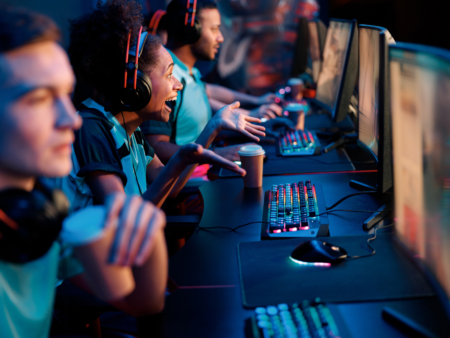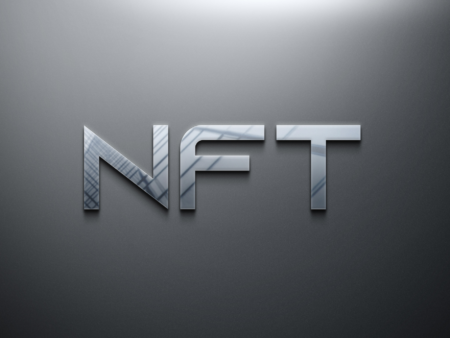NFTS will become a part of every product, providing ownership information.” Smaller brands should have the ability to run their own NFT marketplaces, Minor said. With bigger platforms, such as OpenSea, it’s difficult to promote less recognizable content.
In many ways, Halsey Minor’s latest company, Vivid Labs, a platform that enables anybody to build multimedia NFTs, is a rehash of his prior accomplishments. He founded CNET, a website for tech news, in 1994 and eventually sold it to CBS for $1.8 billion. Along with Salesforce, Minor founded GoogleVoice and other businesses.
In the 1990s, “we were still early in the market to design our own software,” the man claimed. This is essentially what we’re doing right now—we’re offering a publishing solution that enables any business to produce NFTs.
Vivid Labs and Shopify teamed up in February to enable Shopify merchants to build their own NFT marketplaces. “Right now, everything is centred around big markets, mostly art,” Minor remarked. People could sell any NFT-enhanced goods on their own websites with a decentralised solution.
He continued, “An remarkable number of firms operate on significant e-commerce platforms: Shopify, for instance, has 1.3 million users globally. Video NFTs were the foundation of Minor’s new business, he said, because “it’s the main area of application.” Customers of Vivid Labs include businesses in sports, music, and e-commerce. Every product will include NFTS, which will provide ownership information.
According to Minor, smaller brands ought to be able to manage their own NFT marketplaces. It is challenging to market less well-known content on larger platforms like OpenSea. NFTs from smaller brands frequently disappear on OpenSpace.
He predicts that there will be tens of thousands of marketplaces. Minor asserts that turnkey systems, like the one he is developing, will enable businesses to produce and distribute NFTs on their own markets in as little as two to three months.
It’s wonderful for entrepreneurs because you don’t have to push your stuff on OpenSea; you can do it yourself, Minor added. He thinks that NFTs now are similar to web publishing in the early days of the Internet, when businesses understood they needed a website to keep current. There is currently a gap in the market between large marketplaces and nothing in between, according to the author.
NFTs are an excellent tool for marketing, especially in the premium sector. NFTs are a terrific method to explain to customers how and why a limited-edition product is unique, he said. One day, every high-end sneaker will have a unique personalised NFT.
The burgeoning metaverse would also bring with it more opportunities. NFTs have the potential to develop into a new instrument for self-promotion through gathering data. Athletes may, for instance, save their information and market themselves to several clubs.
There would be winners and losers, Minor predicted. “People are buying assets in the hopes that they may resale some of them when the world becomes more mainstream. “There is a risk, just like with any investment. People should approach their investments in digital collectibles and the metaverse the same way they would the stock market.
Minor advises taking into account an entrepreneur’s character traits, such as their upbringing, viewpoints, and passion. “I’d rather invest my money in a weekend NFT tinkerer than a business school grad with Goldman Sachs on his résumé,” the investor said.
The appearance of a unicorn may happen at any time in the fast-paced NFT environment. According to Minor, “I think for the major firms, it’s very hard to keep up the pace.” Because I couldn’t move as quickly as a hundred entrepreneurs operating out of their basements, I felt confident buying businesses.











